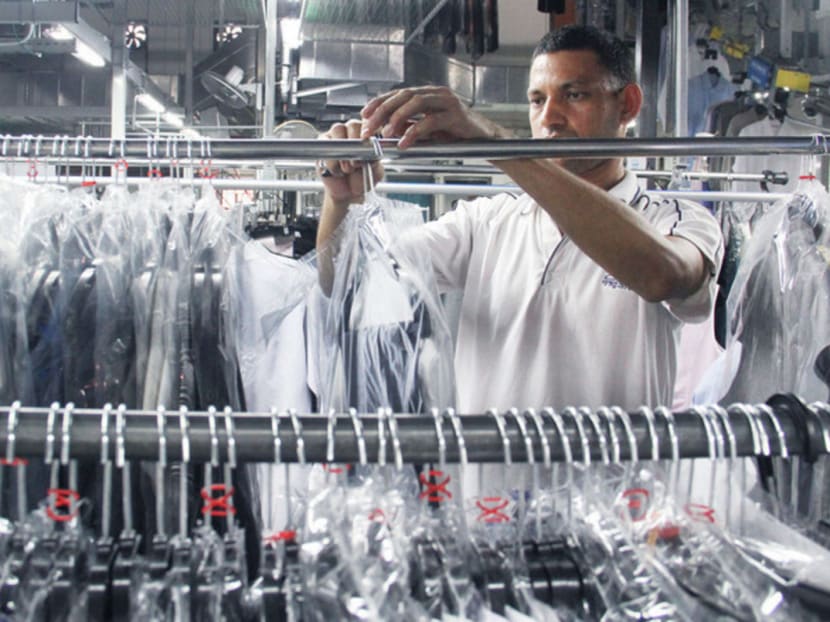Companies should lead platforms to engage SMEs: Dean
SINGAPORE — Platforms to engage small and medium enterprises (SMEs) to share ideas and grow beyond the start-up level should be led by companies instead of being government-driven, said the dean of Singapore Management University’s (SMU) Lee Kong Chian School of Business.
SINGAPORE — Platforms to engage small and medium enterprises (SMEs) to share ideas and grow beyond the start-up level should be led by companies instead of being government-driven, said the dean of Singapore Management University’s (SMU) Lee Kong Chian School of Business.
Noting a gap in the SME ecosystem for companies to share their ideas, Professor Gerard George said in a media interview yesterday that these platforms should exist in neutral territory.
“If it’s (a platform) in the ministry or in a business federation or business association, the mentality becomes more of … what can I get out of it in terms of grants, rather than saying how can I solve my problems,” said Prof George, 43, who took over as dean from Prof Howard Thomas in January.
Prof George, who used to be deputy dean of Imperial College Business School in London, had said at a press conference last September that he hoped to turn Singapore into an entrepreneurial destination and build an ecosystem of entrepreneurs.
He said yesterday that in the next six months, he aims to have platforms for SMEs to share their ideas and improve business growth. He is in talks with SPRING Singapore and the Economic Development Board over the initiative.
Prof George was previously academic director of Imperial College’s ELITE programme, which is sponsored by the London Stock Exchange.
Aimed at supporting ambitious private companies in the United Kingdom through their next stage of growth, the programme facilitates structured engagement among these companies, industry experts, and the corporate adviser and investor communities. It has also been launched in Italy.
Prof George said the platform concept has been “well-tested and successful” under the programme.
The UK programme has accepted a total of 36 companies in two cohorts, while more than 100 companies have been involved in the Italian programme. For Singapore, the aim is to engage 20 companies in each cohort.
“I expect it to be a 12- to 18-month programme that includes practical assistance and corporate, financial service providers in a joint platform,” Prof George said.
The dean noted that the Government has done a lot for companies in the start-up and incubation phases here, such as providing grants.
However, to become a nation of entrepreneurs, it is important to break away from a list-building mentality, which states what an individual wants to achieve, and move towards entrepreneurial thinking, he said.
The challenge for students and the next generation is to switch to an “opportunity-framing mentality”, such as a readiness to manage risks.
“Only then can we shift beyond where we are now,” said Prof Gerard.
To prepare the next generation, he said a new course called Managing In A VUCA Context will be introduced at the Lee Kong Chian School of Business in the coming academic year, which starts in August. VUCA stands for volatile, uncertain, complex and ambiguous.
The course is designed to help students better understand the complexity of changes in the world, the tensions in a given situation and how they need to think through a problem from multiple dimensions.







